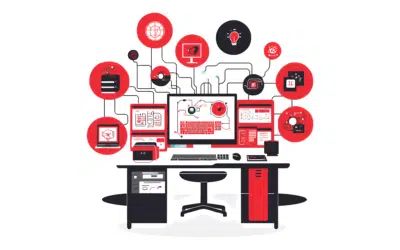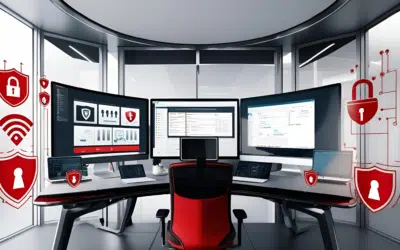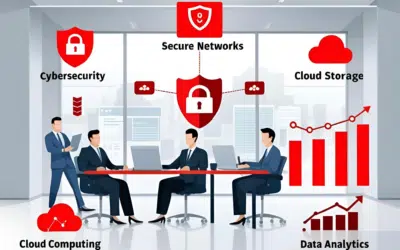 The future of work is mobile. But you may be worried that working from anywhere, on any device, could expose you to added security risks. Whether you’re a road warrior or a freelance remote worker here are some simple tips to stay protected.
The future of work is mobile. But you may be worried that working from anywhere, on any device, could expose you to added security risks. Whether you’re a road warrior or a freelance remote worker here are some simple tips to stay protected.
<h2><b>Bring your own WiFi</b></h2>
Working on the go can sometimes make you feel tethered to public WiFi. But free access points can be slow, unreliable, and worst of all, unsecured. Thankfully, you can use your Windows Phone as both a WiFi locator and a hotspot* to get connected on the go.
*Worried your WiFi hotspot will drain your battery? The Surface Pro 3 offers up to 9 hours of battery life when using WiFi. And a Windows Phone offers a battery-saver mode as well as cases that charge your phone on the go, like the camera grip case for the Nokia Lumia 1020.
<h2><b>Beware of ‘evil twins.'</b></h2>
An evil twin is a rogue WiFi network that appears to be legitimate, but has actually been set up by hackers for the purpose of stealing private information. (It’s the wireless equivalent of phishing.*) When in doubt, avoid doing sensitive business on public WiFi hotspots.
*Phishing – This is the attempt to acquire confidential information, like passwords and credit card info, through bogus emails that look like they’re from a trusted source.
TIP: Don’t share sensitive info via email, don’t click on unknown links or attachments, do install security updates and antivirus software, and check financial statements regularly.
<h2><b>Use a VPN if you’re not already.</b></h2>
If you must use public WiFi to get work done on the go (at the airport, coffee shop, or wherever), consider setting up a VPN, or virtual private networks, for your business. This allows employees to access private company data securely over a public network.
<h2><b>Make firewalls your friend.</b></h2>
A firewall prevents hackers and malware from accessing your computer via the Internet. Ensure that all company devices have firewall software installed and running, along with antivirus programs. This is a solid first defense against suspicious traffic.
Of course, nothing beats common sense. Be sure to talk to your employees about the importance of creating secure passwords, changing passwords frequently, and avoiding downloads or files from unfamiliar sources.
<h2><b>Losing a device shouldn’t mean losing sleep.</b></h2>
It can happen to the best of us—your shiny new phone or tablet, left in an airplane seat pocket or the back of a cab. Consider installing a device tracking app, password protecting your device, and always keeping your valuable data backed up in the cloud. And consider managing devices for your team so they don’t have to worry – Office 365 and Windows Intune allow you to remotely lock access, wipe data, and reset pins in the event of technology gone missing.
Remember – don’t panic. Everything you need is backed up in the cloud and accessible from anywhere:
[list style=”bullet”][li]The latest versions of your business documents are saved and accessible online, thanks to automatic version control from OneDrive for Business.[/li][li]You still have easy remote access to on-site business apps, like accounting, HR, or CRM from your other devices.[/li][/list]








